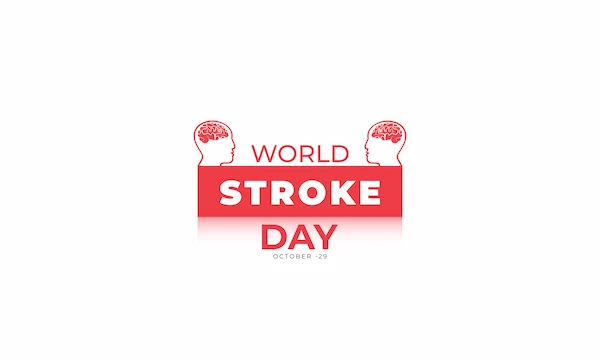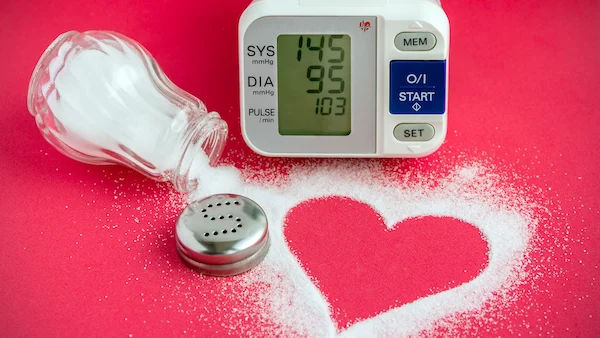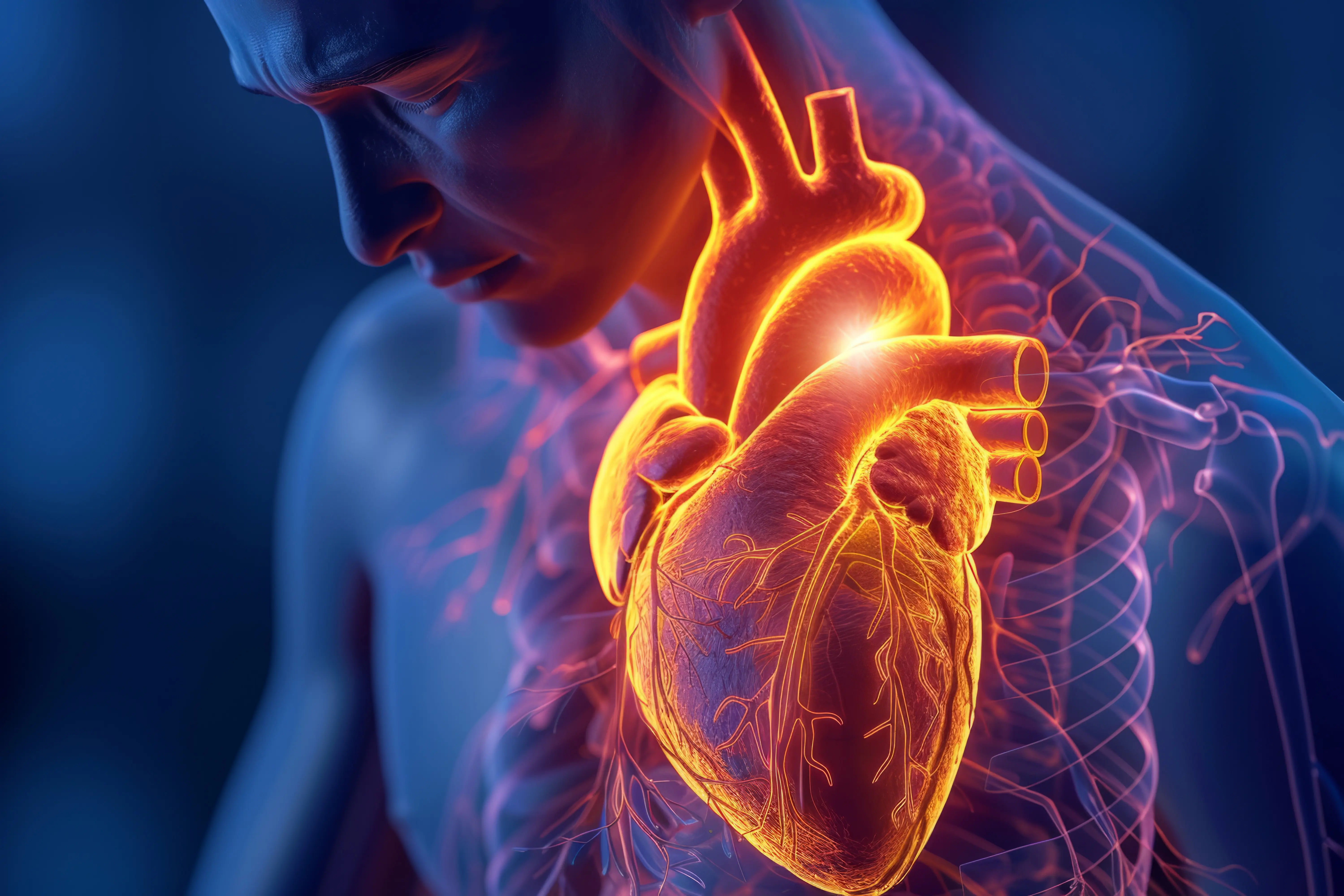- Female
- 42 Years
- 29/01/2025
I'm really worried about my mom. She's been having chest pain for a while and thought it might be due to gastric issues, but yesterday it got really bad and lasted more than half an hour. Now she's noticing that when she turns her head to the right, the pain in her chest gets worse. Since yesterday, she's also been feeling some uneasiness in her chest. What could be going on? Should we be worried about something serious?
More Cardiology Health Queries
View allI'm a bit worried as I checked my ECG today, and it showed something like 302 TV1 TV5 and it said borderline normal ECG. Im really not sure what this means. Could you help me understand what the actual issue might be and suggest any precautions I should take when dealing with a borderline ECG?
cardiologist opinion
Answered by 1 Apollo Doctors
I'm a bit worried because I've been taking Rosukem A1075 after getting diagnosed with T2DM in September 2018. The cardiac doctor I visited then suggested this medication for a normal ECG and echo. But I've just got my annual health checkup reports, and both the ECG and TMT turned out fine. Now I'm unsure if I should keep taking this tablet. My diabetologist says I should continue with Rosuvas 5. Could you help me figure out what to do?
Since you were advised Rosukem A1075 by the cardiologist, it is important to follow their recommendation for your heart health. Rosukem A1075 contains Rosuvastatin 10mg and Aspirin 75mg, which helps in managing cholesterol levels and reducing the risk of cardiovascular events. As for your diabetologist's advice to continue Rosuvas 5, it contains Rosuvastatin 5mg which also helps in lowering cholesterol. It is important to follow both specialists' advice for optimal management of your conditions. So, you can continue taking Rosukem A1075 as advised by the cardiologist and Rosuvas 5 as advised by the diabetologist for your overall health."
Answered by 1 Apollo Doctors
I'm a bit worried about my ECG report that mentions 'mild ST depressions in the inferolateral leads.' Is this something serious that I need to be concerned about? Can it be fixed or managed in some way? I'm not really sure what it means and would love some guidance.
Mild ST depressions in the inferolateral leads on an ECG can indicate underlying issues such as myocardial ischemia (reduced blood flow to the heart muscle), which can be a cause for concern. It's important to follow up with your cardiologist for a comprehensive evaluation to determine the exact cause. They may recommend further tests such as an echocardiogram, stress test, or coronary angiography to assess the severity and plan appropriate treatment. Management may include lifestyle changes, medications, or procedures to improve blood flow to the heart. Please discuss these findings with your healthcare provider for personalized advice and treatment.
Answered by 1 Apollo Doctors
Disclaimer: Answers on Apollo 247 are not intended to replace your doctor advice. Always seek help of a professional doctor in case of an medical emergency or ailment.





